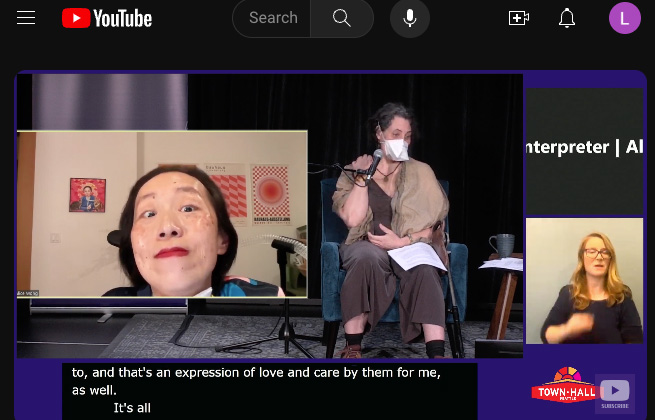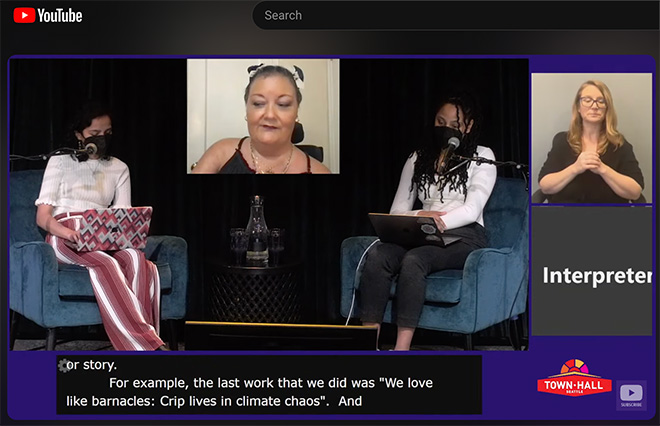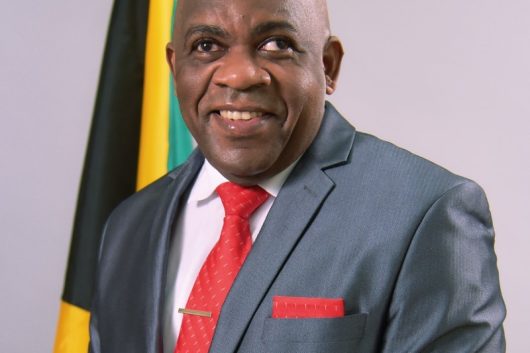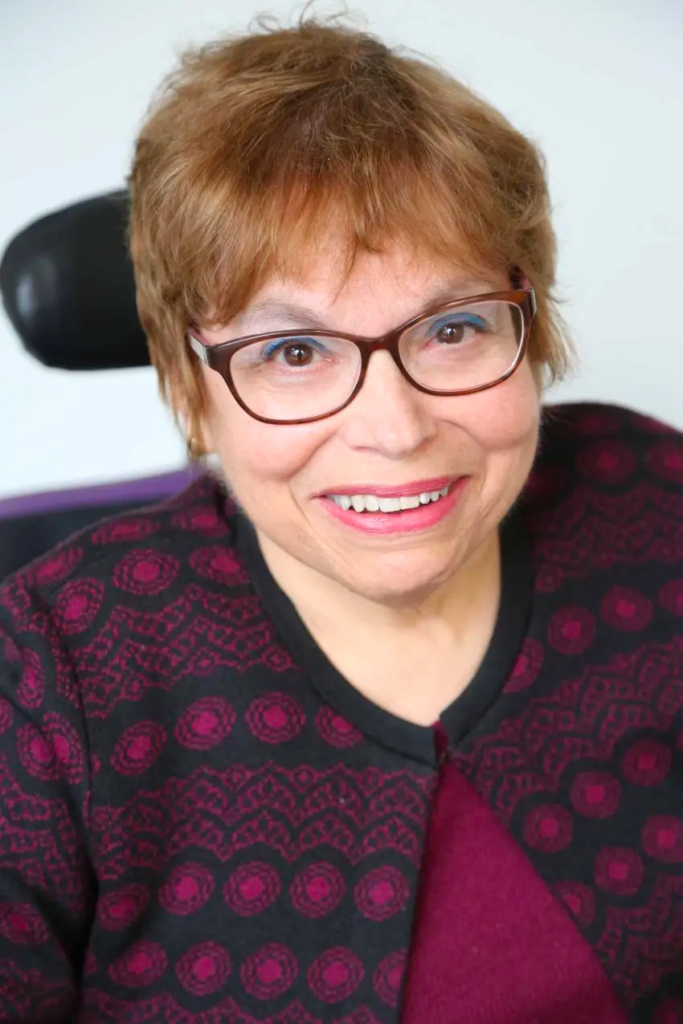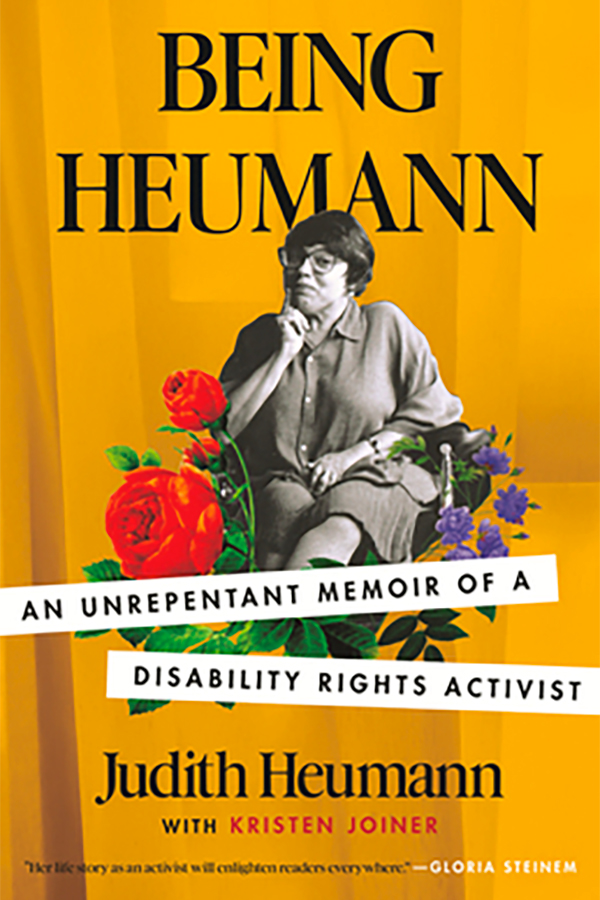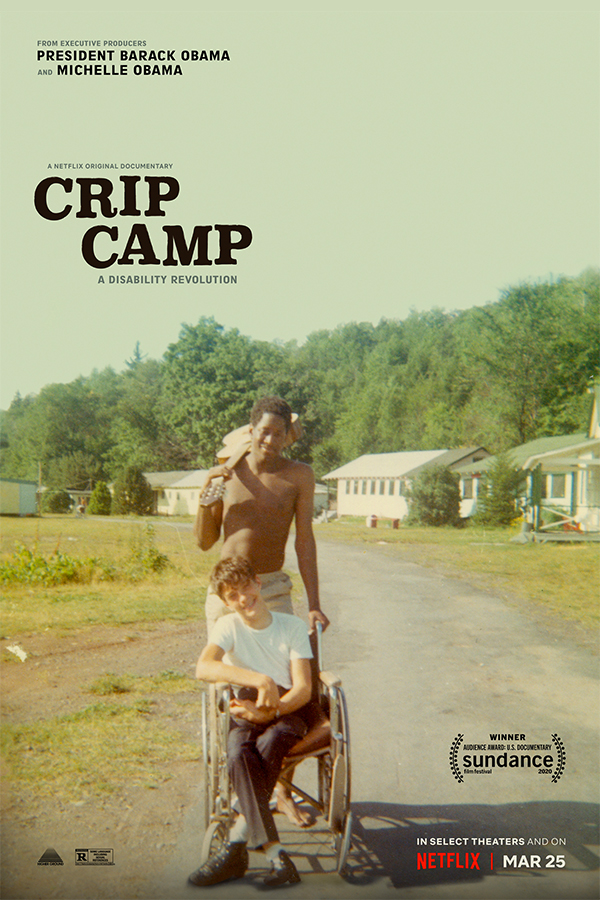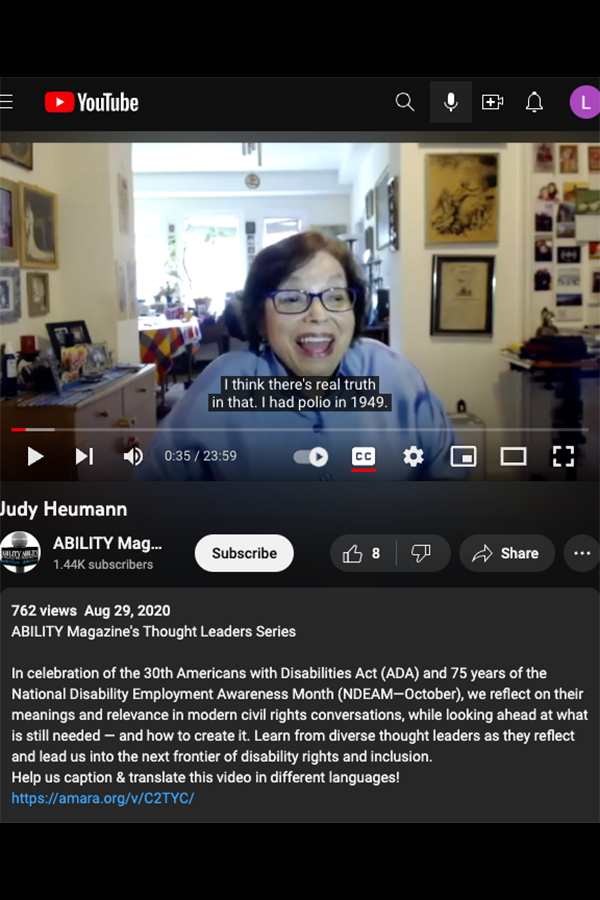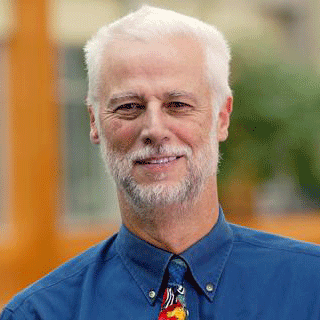February 29, 2024
Excerpted from the Winter 2024 Allen School DEIA newsletter article contributed by CREATE Ph.D. students Kelly Avery Mack and Ather Sharif, with Lucille Njoo.
Completing graduate school is difficult for any student, but it’s especially difficult when you’re trying to learn at an institution that isn’t built for you. Students with disabilities at UW face extra challenges every day because our university doesn’t support equitable participation in educational activities like research and mentorship – those of us who don’t fit the mold face an uphill struggle to make ourselves heard in an academic culture that values maximum efficiency over unique perspectives. In this article, we share three common myths about students with disabilities, reveal the reality of our inequitable experience as grad students at UW, and propose a few potential solutions to begin ameliorating this reality, both at our university and beyond.
Myth 1: DRS (Disabilities Resources for Students) handles all accessibility accommodations.
This is an incorrect expectation of the role DRS serves in a campus ecosystem. The term “accommodations,” in the first place, frames us as outcasts, implying that someone needs to “review” and “approve” of our “requests” to simply exist equitably; but given that this is the term folks are most familiar with, we’ll continue referring to them as “accommodations” for ease of communication. While DRS can provide some assistance, they are outrageously under-staffed, and UW research has demonstrated that they are only part of the ecosystem. Instructors need to consider accessibility when building their courses and when teaching their classes. Accessibility, like computer security, works best when it is considered from the beginning, but it’s not too late to start repairing inaccessible PDFs or lecture slides for a future quarter. UW DO-IT has a great resource for accessible teaching.
Myth 2: Making my materials accessible is all I have to do
for disabled students, right?
Disability is highly individual, and no matter how much an instructor prepares, a student might need further accommodations than what was prepared ahead of time. Listen to and believe disabled students when they discuss the accessibility barriers they face. Questioning their disability or using language that makes them doubt their self-worth is a hard no. Then, work with the student to decide on a solution moving forward, and remember that students are the number-one experts on their own accessibility needs.
Myth 3: Advising a student with a disability is the same as advising a student without a disability.
Disabled students have very different experiences of grad school, and they need advisors who are informed, aware, and proactive about those differences. If you are taking on a disabled student, the best ways to prepare yourself are:
Educate yourself about disability.
Disabled students are tired of explaining the same basic accessibility practices over and over again. Be willing to listen if your student wants to educate you more about their experience with disability, and recognize action items from the conversation that you can incorporate to improve your methods.
Expect that timelines might look different.
Disabled students deal with all kinds of barriers, from inaccessible technology to multiple-week hospital stays, so they may do things faster or slower than other students (as is true for any student). This does not mean they are not as productive or deserving of research positions. Disabled students produce high-quality research and award-winning papers, and their unique perspectives have the potential to strengthen every field, not just those related to disability studies. And they are able to do their best work when they have an advisor who recognizes their intellectual merit and right to be a part of the program.
Be prepared to be your student’s number-one ally.
Since DRS cannot fulfill all accessibility needs, you might need to figure out how to solve them yourselves. Can you find $200 in a grant to purchase an OCR tool to help make PDFs accessible for a blind student? (Yes, you can.) Can you advocate for them if their instructor isn’t meeting accessibility requests? (Yes, you can.) Not only will this help them do their best work, but it also sets an example for the other students in your lab and establishes an academic culture that values students of all abilities.
